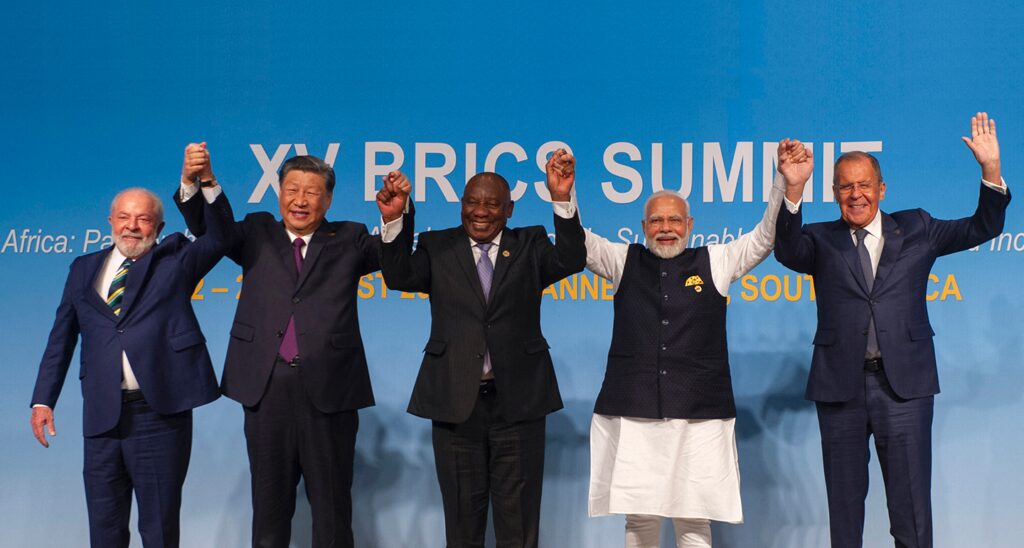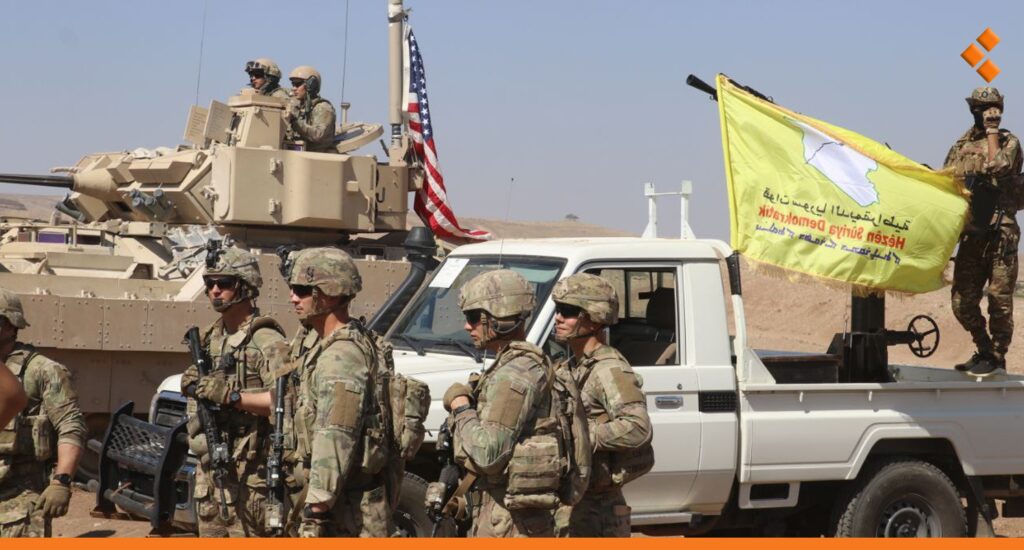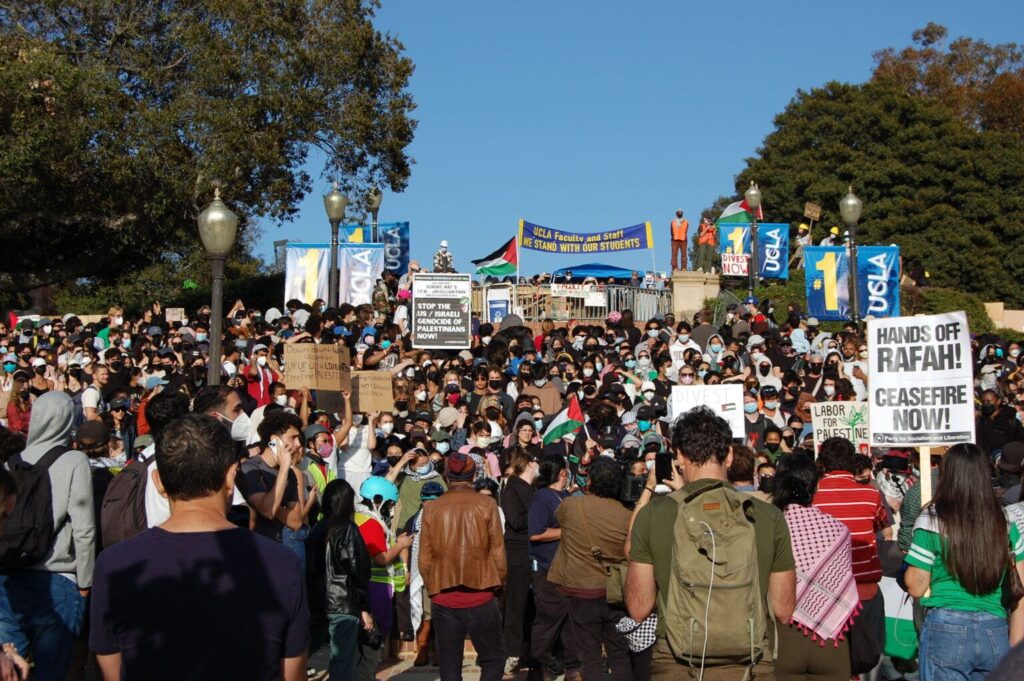A Closer Look at the Global South

The revival of the concept signals enduring frustration with inequalities embedded in the global order.
The venerable concept of the “Global South” has enjoyed a remarkable revival as a descriptor of postcolonial and developing country solidarity in world affairs. The term’s resurgence, however, has also engendered pushback, with many calling for a phaseout of the expression. Writing in the Financial Times, columnist Alan Beattie calls the label “patronising, factually inaccurate, a contradiction in terms,” and “deeply unhelpful.” In Foreign Policy, Indian strategist C. Raja Mohan argues that the phrase “denies agency to individual countries by treating them as one bloc” with “fluid boundaries and vague criteria for inclusion.”








